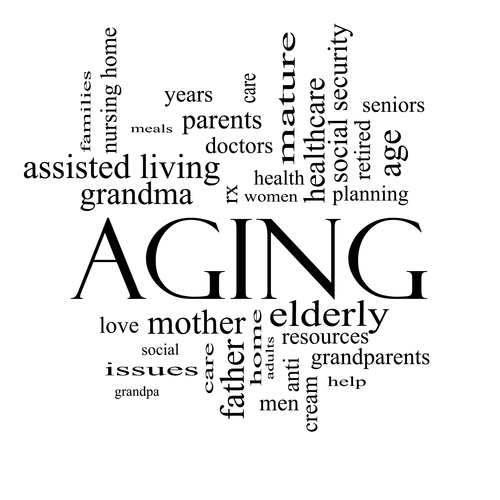If you have done any research into elder care at all, you have probably run across the term “aging in place.” While it might be confusing at first, it’s actually pretty straightforward. All it means is  that someone lives in his or her own residence as long as possible as they get older. Specifically, it means that an elder is at a time in life when he or she can have the things they need in life while still keeping the same quality of daily life. That distinction is vital, since many seniors might be mistaken thinking that aging in place will fix things that cannot be fixed simply by staying home.
that someone lives in his or her own residence as long as possible as they get older. Specifically, it means that an elder is at a time in life when he or she can have the things they need in life while still keeping the same quality of daily life. That distinction is vital, since many seniors might be mistaken thinking that aging in place will fix things that cannot be fixed simply by staying home.
If you have a loved one that has chosen to stay at home and age in place, your primary goal should be to either maintain or improve on the current quality of life. You can do this by having a solid plan in place that covers the elder, the home, finances, and other things as soon as possible. Then, simply maintain this plan for as long as you can (or as long as is realistic for their situation).
Aging in place is, in fact, a choice, and it means choosing how you want to spend your retirement years, how you want your home set up, and what healthcare choices you’ll have, which types of help are right for you, and finally, what your wishes are for major life events—like sickness, housing transitions, or financial decisions. There are a number of other things to think about too when considering aging in place, and it’s a topic best discussed with family members or other trusted friends that can help you and/or your loved one to come to the best possible decision.
In making these choices, it can provide a sense of control over things like independence, quality of life, and dignity. Chief among everything, though, is that aging in place doesn’t mean that your loved one doesn’t have to do everything on their own—hence making that plan we talked about earlier. Then, when that time comes, you or your loved one can decide how their needs are met, who will meet them, and when.
It’s important to also remember that aging in place is not the right decision for everyone. It’s for those who want to ensure for themselves a quality of life and live it in dignity, responsibly, without placing a burden on family or community.
Those who are currently taking care of an elderly parent can benefit from it too. The best way to help is to work with the elder to make sure his or her needs are being met properly and consistently, and that their wishes are being respected as much as possible.
If you or someone you love needs assistance with Elder Care law issues, call 856-281-3131. Let us help ease your stress and give you a plan.
